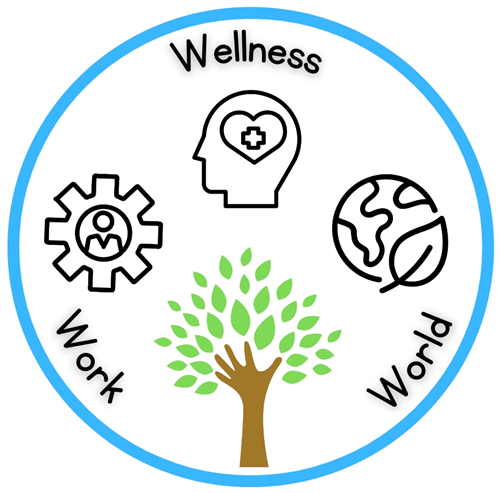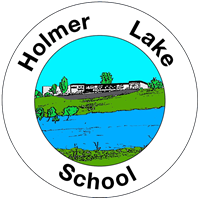 Curriculum Leaders - Mrs. Watson and Miss. Baylis
Curriculum Leaders - Mrs. Watson and Miss. Baylis
Maths Leader - Mr. Cowen and Mrs. Kumar
Link Governor - Mrs. Williams and Mrs. McCormick
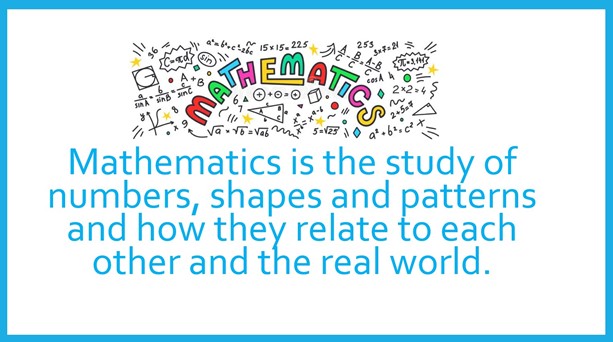
At Holmer Lake we want all pupils to have opportunities to develop their skills in fluency, mental agility and efficiency in mathematics that are vital for reasoning and problem solving in a range of different context.
We follow the National Curriculum, and our calculation cycle outlines the range of mental and written strategies that are taught in order to build on the children’s skills and knowledge from EYFS to Year 6. We aim for children to re-visit regularly and embed all mathematical concepts by following a bespoke curriculum overview.
The aim of regular and consistent fluency practise is that children consider what they already know to solve problems using efficient methods. By teaching explicit problem solving and reasoning the aim is that children can create systems and strategies to organise information, become pattern spotters and articulate their learning using mathematical vocabulary.
The aims for teaching the mathematic curriculum are to develop pupils who:
- Are fluent, creative, and confident mathematicians.
- Are prepared for applying their maths skills effectively in everyday situations.
- Have a solid foundation of mathematical skills and knowledge to lead into secondary education and workplace.
- Acquire new knowledge and skills that build on what has been taught before
- Recall and use their knowledge and skills on a regular basis through problem solving and reasoning using models of proof.
- See that maths is all around us in everyday life and mathematical skills can be used in different context and across the curriculum.
The golden threads of our Mathematics curriculum are:
- Fluency
- Problem Solving
- Reasoning
- Mathematical Vocabulary
Our Calculation Cycle shows the range of mental and written strategies, that are taught in order to build on the children’s skills and knowledge.
This informs teachers of the agreed sequence and progression of methods for the four operations from EYFS to Year 6.
Calculation Cycle for Addition.
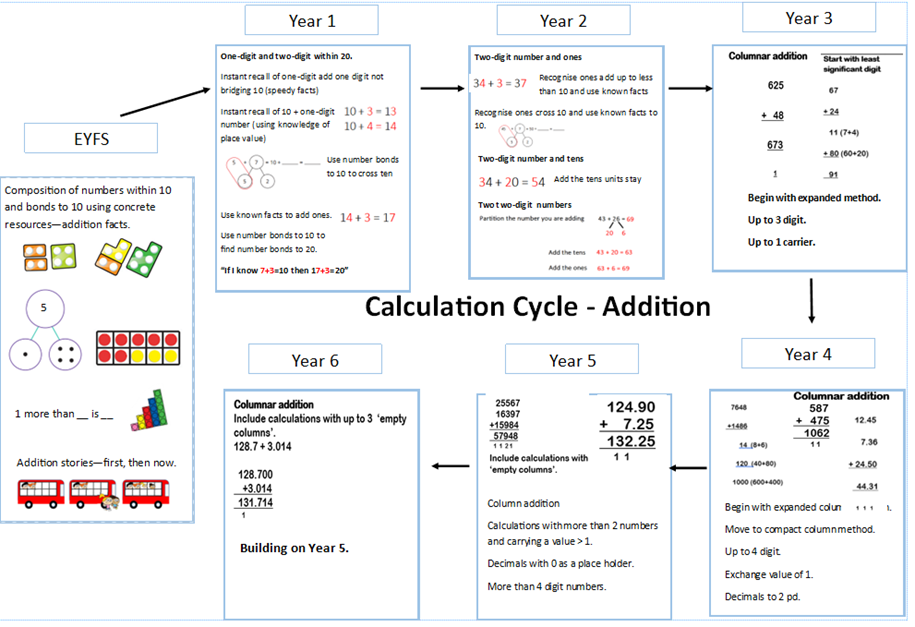
Children re-visit regularly and embed all mathematical concepts by following a bespoke curriculum overview see examples for Y2 and Y4.
Y2 Curriculum Overview - example

Y4 Curriculum Overview - example

Automaticity of number facts allow children to develop into fluent and confident mathematicians. Checkpoints for each year group indicate the number facts that children are expected to know, apply and learn.
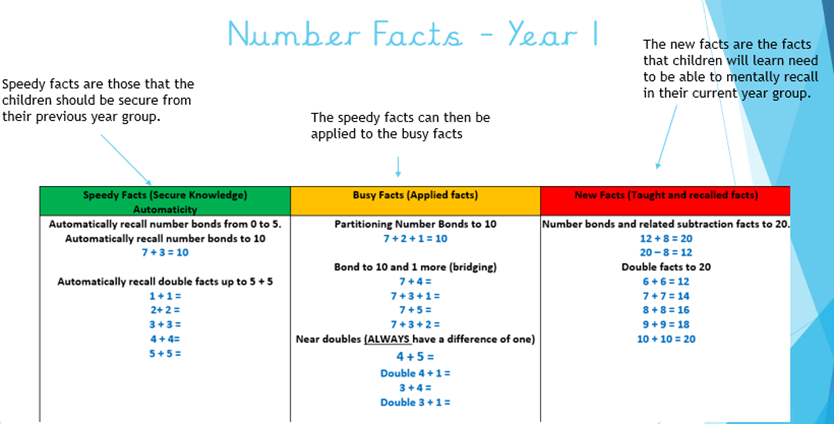
Daily arithmetic fluency and weekly arithmetic practice allows teachers to frequently assess children’s security of understanding across all four operations.
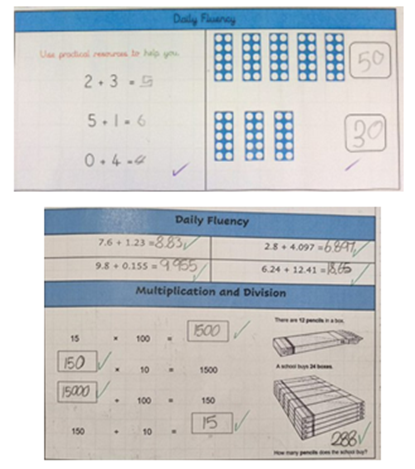
During arithmetic practice children lead the learning by demonstrating methods, explaining and proving their answers.
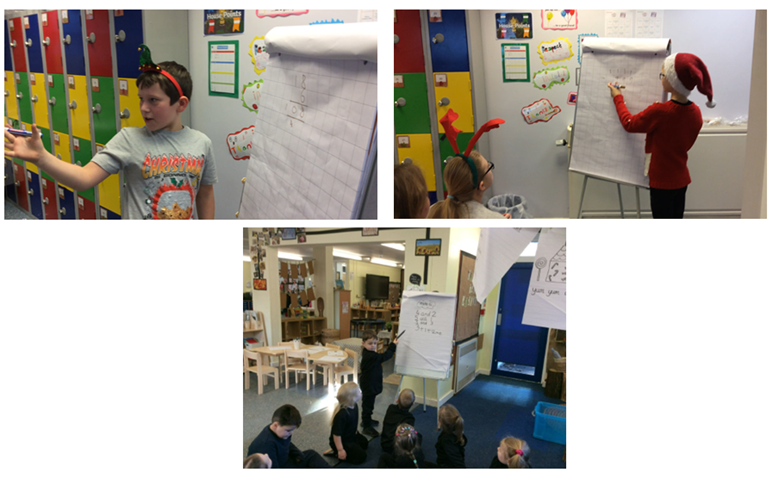
Vocabulary checks, prompts, questions and sentence stems scaffold children to tackle problem solving and reasoning.

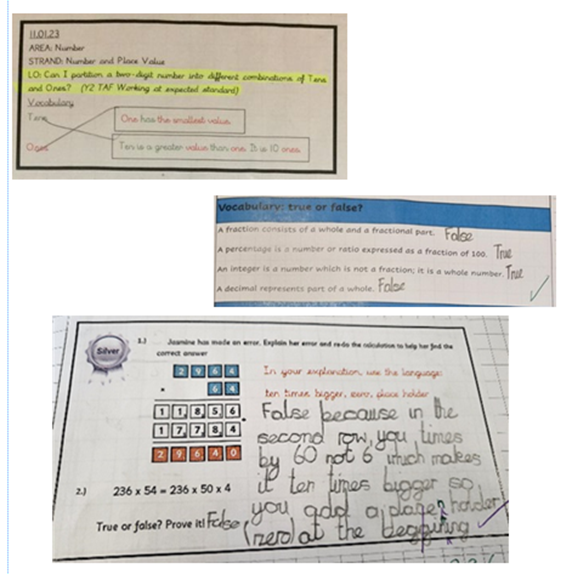
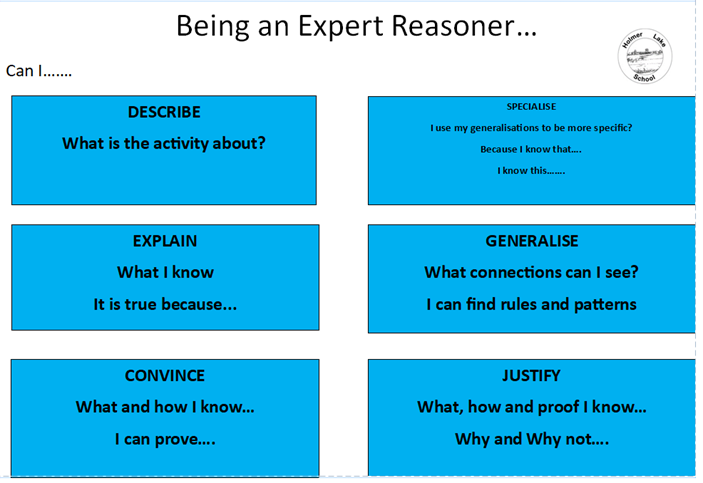
Early Years Foundation Stage
The golden threads of the mathematics curriculum are established in EYFS. Pupils begin to develop cardinality and counting skills, make comparisons, understand composition and use skills such as subitising, can identify patterns, begin to measure and use everyday experiences such as shapes to support their learning.

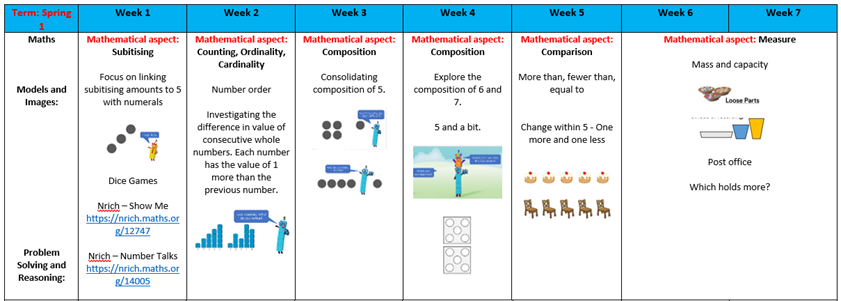
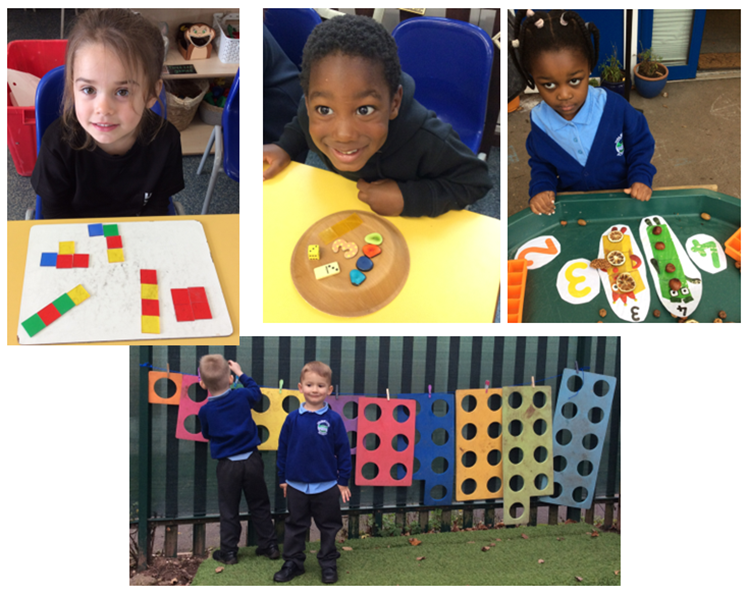
Reading
Through reading key texts in each year, pupils will further consolidate their mathematical learning and learn about key mathematicians and be able to use texts to support mathematical projects and strands such as Algebra.
Science
Recording data and analysing results taught in Science will make links with Statistics units in Mathematics.
SMSC and British Values
British Values are actively promoted and embedded into the mathematics curriculum. Pupils explore the rule of law and identify how mathematics is used in everyday life and in workplaces. By looking at the achievements of a diverse range of mathematicians, pupils develop an awareness of how they have influenced and shaped the world in which we live.
Inclusion
At Holmer Lake Primary School, we actively seek to remove the barriers to learning and participation that can hinder or exclude individual or groups of pupils. All children benefit from quality first teaching in the classroom where teachers set high expectations, cater for the needs of individuals, and provide opportunities for all pupils to achieve and progress. Teachers are aware that pupils bring different experiences, interests, and strengths to school which influence the way they learn. Teachers plan and adapt their approaches to teaching and learning so that all pupils can take part in lessons fully and effectively. For example, in mathematics, a pupil may require an adapted version of the task, peer work with a pupil who is working at greater depth or a simplified success criterion.
Curriculum Drivers
The three curriculum drivers that underpin our curriculum are work, world and wellness. The mathematics curriculum provides opportunities for children to develop their understanding of how mathematics is used in many vocations in the world they live in; understand the impact of mathematics in their everyday lives through the work of mathematics and how wellness can be supported through developing mental recall and arithmetic to keep the brain active.
Maths Newsletters
To read the latest maths newsletter, please click below.
- Maths Newsletter Summer 2025
